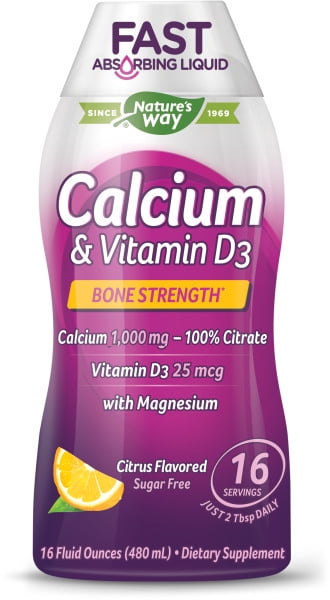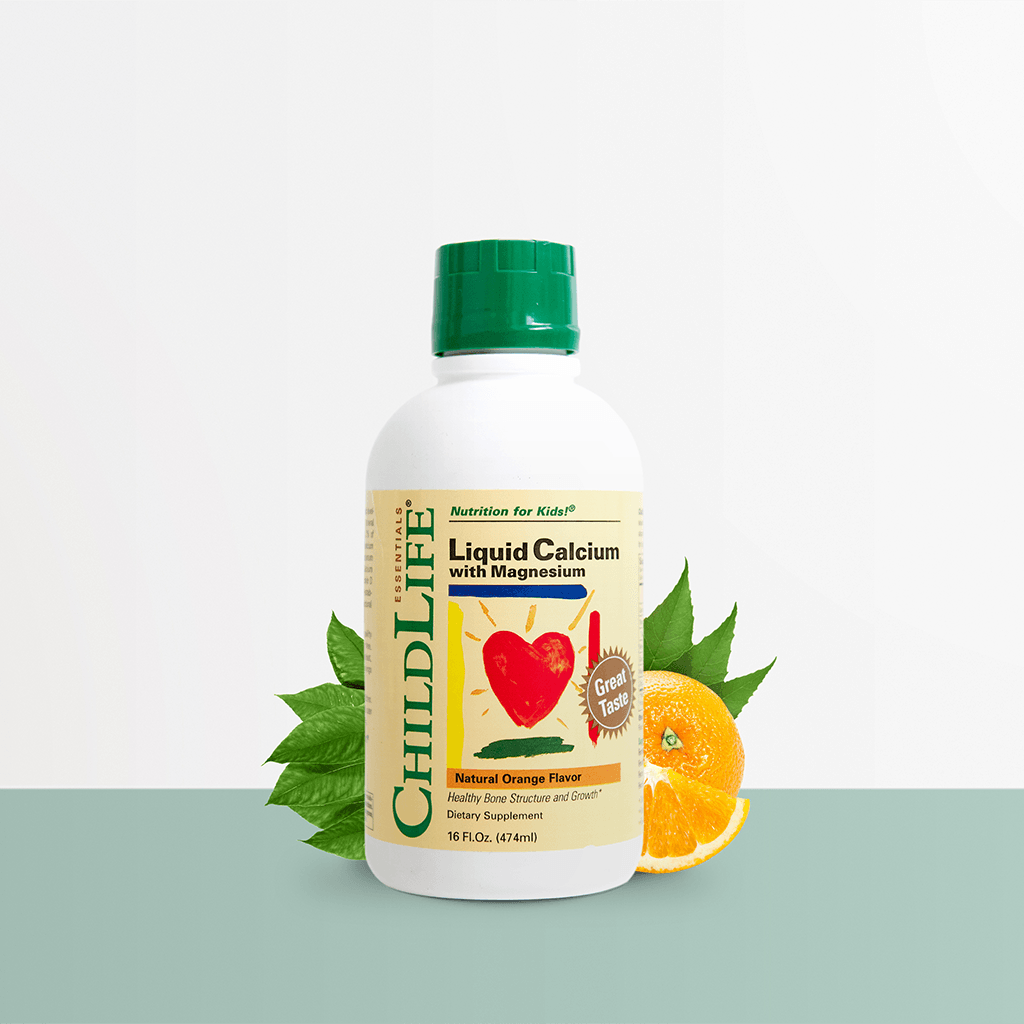
Here are some final tips for choosing and taking calcium supplements as found in the Harvard Special Health Report Osteoporosis: A guide to prevention and treatment: Calculate your cost per serving based on how many tablets or chews the package contains, and consider whether you might find it inconvenient to take several tablets a day. So, while you may think that you've met your daily requirements by taking that 1,000-mg calcium pill, you may actually be only halfway to your target. Because your body has difficulty absorbing more than 500 mg of calcium at a time, more of the mineral may go to waste.

While products that yield a high amount of calcium may seem to be the best bet at first blush, they may not serve you best. For example, if the label says a serving of the product contains 40% of the Daily Value, it has 400 mg of elemental calcium. Check the serving size and the "% Daily Value" for calcium and multiply the percentage by 10 to find out how much elemental calcium the product contains. Reading the labels with an eye toward cost and convenience may help you sift through your options.
#LIQUID CALCIUM PLUS#
Calcium citrate products include Citracal and GNC Calcimate Plus 800. But because calcium citrate is only 21% calcium, you may need to take more tablets to get your daily requirement. They can be taken on an empty stomach and are more readily absorbed by people who take acid-reducing heartburn medications.

Some well-known calcium carbonate products include Caltrate, Viactiv Calcium Chews, Os-Cal, and Tums.Ĭalcium citrate supplements are absorbed more easily than calcium carbonate. Most people tolerate calcium carbonate well, but some people complain of mild constipation or feeling bloated. Because calcium carbonate requires stomach acid for absorption, it's best to take this product with food. Calcium carbonate supplements tends to be the best value, because they contain the highest amount of elemental calcium (about 40% by weight). The calcium in supplements is found in combination with another substance, typically carbonate or citrate. If your doctor advises you to take a calcium supplement, how do you choose among the dizzying array of available choices, which include pills, chewable tablets, flavored chews, and liquids? The following information may help you decide. For adults, the RDI is 1,000 milligrams (mg) daily, which rises to 1,200 mg per day for women over age 50 and men over age 70. But when it comes to taking calcium, some people may not find it practical or possible to meet the recommended daily intake (RDI) from diet alone. What you should know about taking calcium to boost your nutrientsĮxperts agree that the ideal way to get the nutrients you need to stay healthy is from food.


 0 kommentar(er)
0 kommentar(er)
